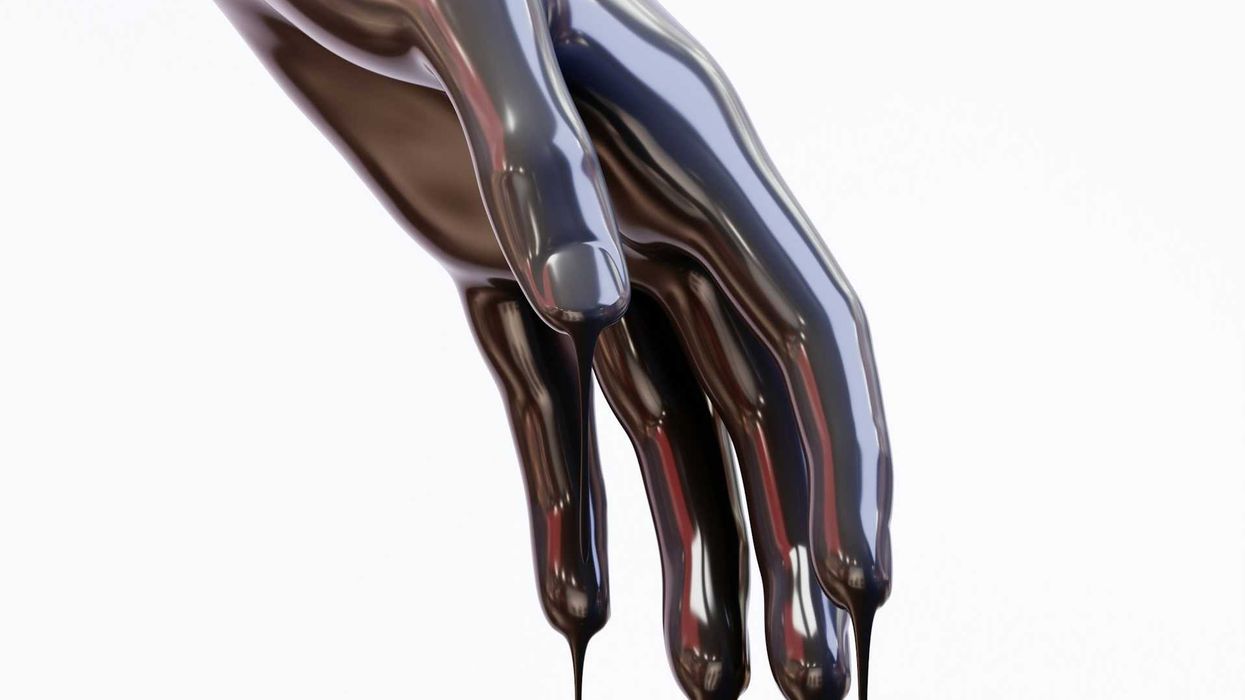Recent research has stirred concerns about whether chronic wasting disease, known colloquially as 'zombie deer disease,' could potentially be transmitted to humans.
Jennifer Chesak reports for the BBC.
In short:
- Chronic wasting disease (CWD) is a neurodegenerative condition caused by misfolded prion proteins, primarily affecting deer and other cervids.
- While no direct transmission to humans has been confirmed, cases of Creutzfeldt-Jakob Disease (CJD) in hunters who consumed infected deer raise questions about possible links.
- Experts call for more research and enhanced surveillance, given the uncertain nature of prion diseases and potential changes in CWD strains over time.
Key quote:
"As of yet, there has been no transmission from deer or elk to humans. However, given the nature of prions, CDC and other agencies have supported all efforts to keep any prion disease out of the food chain."
— Jennifer Mullinax, associate professor of wildlife ecology and management at the University of Maryland.
Why this matters:
While there's no confirmed case of CWD transmitting to humans, the similarity to other animal prion diseases that have made such jumps, like mad cow disease, raises concerns.














